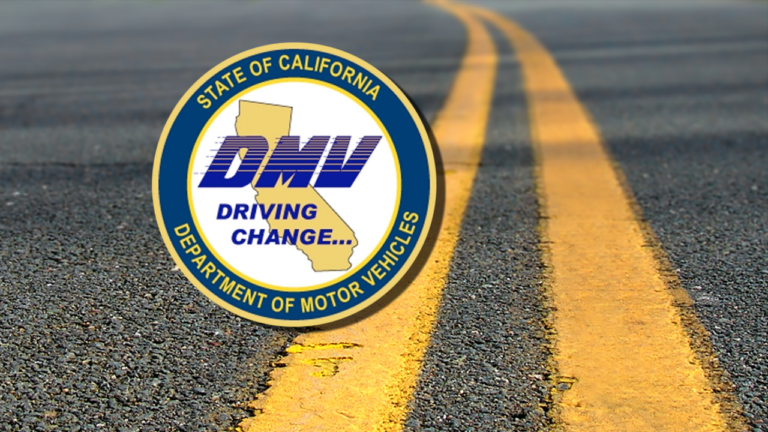Defining preliminary alcohol-screening tests
The common school of thought among many in Encino is that law enforcement officers cannot force them to do anything that they do not consent to. That assumption may be true in most cases, yet not when it applies to situations where one is suspected of driving under the influence of alcohol or drugs. When one becomes licensed to drive in California, he or she essentially enters into a contract with the state that stipulates, in exchange for the privilege of driving, he or she agrees to submit to chemical testing to confirm whether or not he or she may be impaired.
The terms of this contract (known legally as the “implied consent law”) can be found in Section 23612 of the California Vehicle Code. It classifies chemical testing as being a measurement of any of the following:
- Blood
- Breath
- Urine
When most think of a breath test, they often believe it to be those performed using the hand-held breathalyzer devices used by police when conducting a roadside sobriety screening. However, such screenings do not meet the standard of a chemical test. According to the California Department of Motor Vehicles, these roadside tests are referred to as preliminary alcohol-screenings.
While a PAS test does measure the alcohol content of one’s breath, it differs from a chemical breath test in that the latter is performed in a controlled environment (typically a police station), thus eliminating the potential of external factors influencing the outcome. California’s implied consent law does allow one to refuse such a screening. In fact, the law stipulates that an officer must inform one suspected of DUI of his or her right to refuse a PAS test. A failure to do so could invalidate a result as evidence due to it being obtained illegally.


